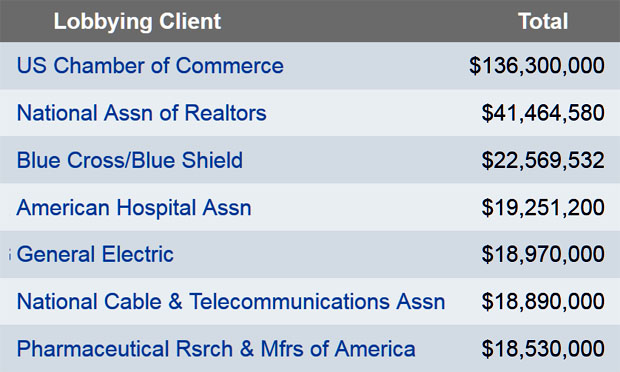The 2012 U.S. elections were the most expensive in the country’s history, with more than $2 billion raised and spent just by the two presidential candidates. Much of that money came from small donors, but the super PACS — unleashed by the Supreme Court’s 2010 Citizens United decision — spent even more on the presidential race as well as other contests. Records show that a huge portion of campaign money came from business interests — at least $2.4 billion during the 2012 election cycle, according to early estimates from the Center for Responsive Politics.
So what motivates companies to contribute to political causes? One possibility is that corporate managers hope that by backing winning candidates, their companies’ economic interests will be advanced through laws, regulatory decisions or other means. If this were true, firms that made significant donations to political causes might be more profitable than those that didn’t — a return on their investment, as it were.
To better understand the relationship between political donations and corporate performance, researchers from the University of Minnesota and the University of Kansas looked at soft-money donations and donations to 527 Committees. The resulting 2012 paper, “Corporate Political Contributions: Investment or Agency?” examined data from the period 1991 to 2004 — prior to the super PAC era — but the study’s focus is on donations directly from corporate funds — exactly the sort for which Citizens United essentially eliminated restrictions.
The researchers’ findings include:
- Firms that donate directly from corporate funds have operating characteristics consistent with the firms facing a free cash flow problem — they are large, slowly-growing firms that have more free cash flow, yet engage in less R&D and investment spending.
- Donations are negatively correlated with future returns: As firms’ donations increase, their performance relative to others with the same risk decreases. “An increase in soft money and 527 Committee donations of $10,000 is associated with a reduction in excess returns of 7.4 basis points in the following year…. This reduction in shareholder value far outstrips the dollar value of the donations.”
- Better corporate governance — smaller boards, non-excessive CEO compensation, larger institutional ownership, and other such factors — is associated with smaller political donations, while worse corporate governance is associated with larger ones. “Even after controlling for corporate governance, however, donations were associated with lower returns.”
- “Donating firms engage in more acquisitions and their acquisitions have significantly lower cumulative abnormal announcement returns than non-donating firms.”
“We find virtually no support for the hypothesis that donations represent an investment in political capital,” the researchers state. “Instead, political donations are symptomatic of agency problems within firms. Our results are particularly useful in light of the Citizens United ruling, which is likely to greatly increase the use of corporate funds for political donations.”
Related research: A 2011 study, “Influence of Corporate Campaign Contributions in Government Contract Award Decisions,” examines the success of corporations in securing government contracts through campaign donations.
Keywords: economy, corruptions


Expert Commentary